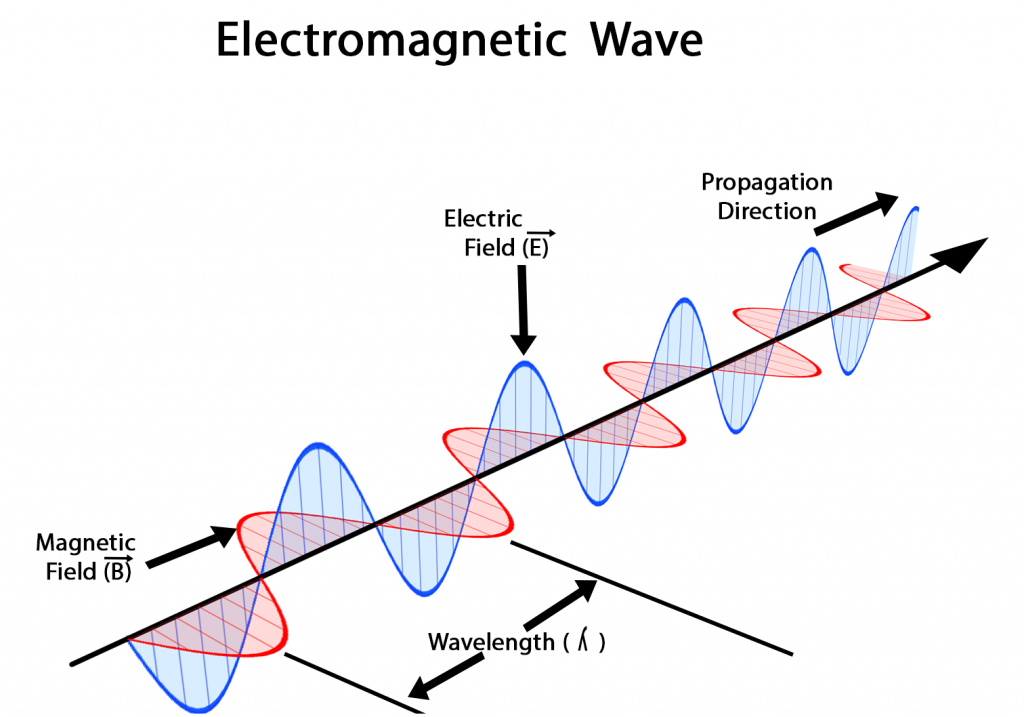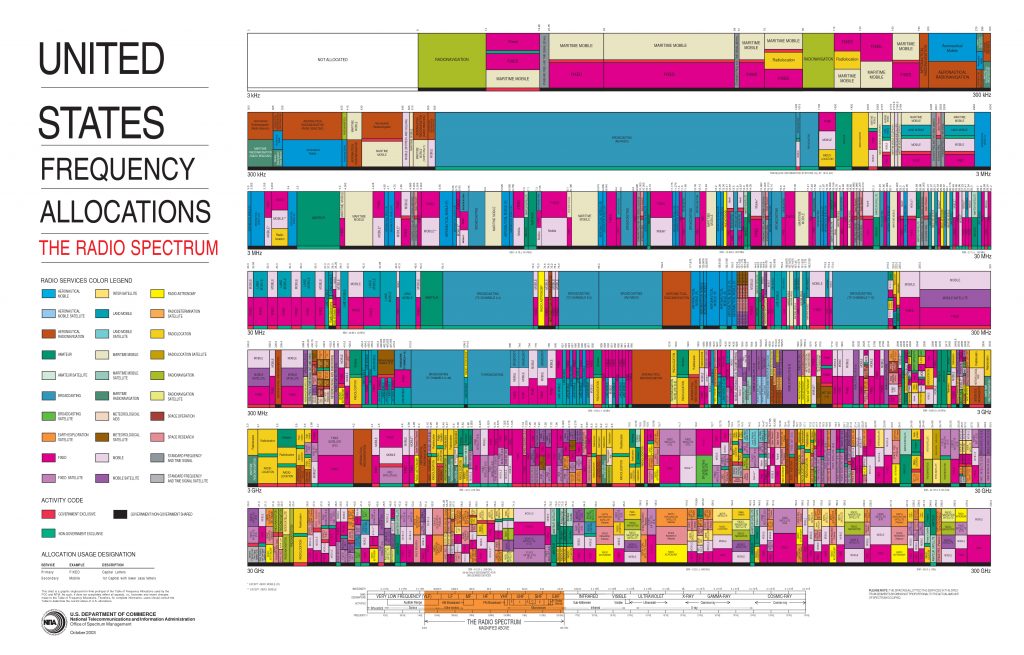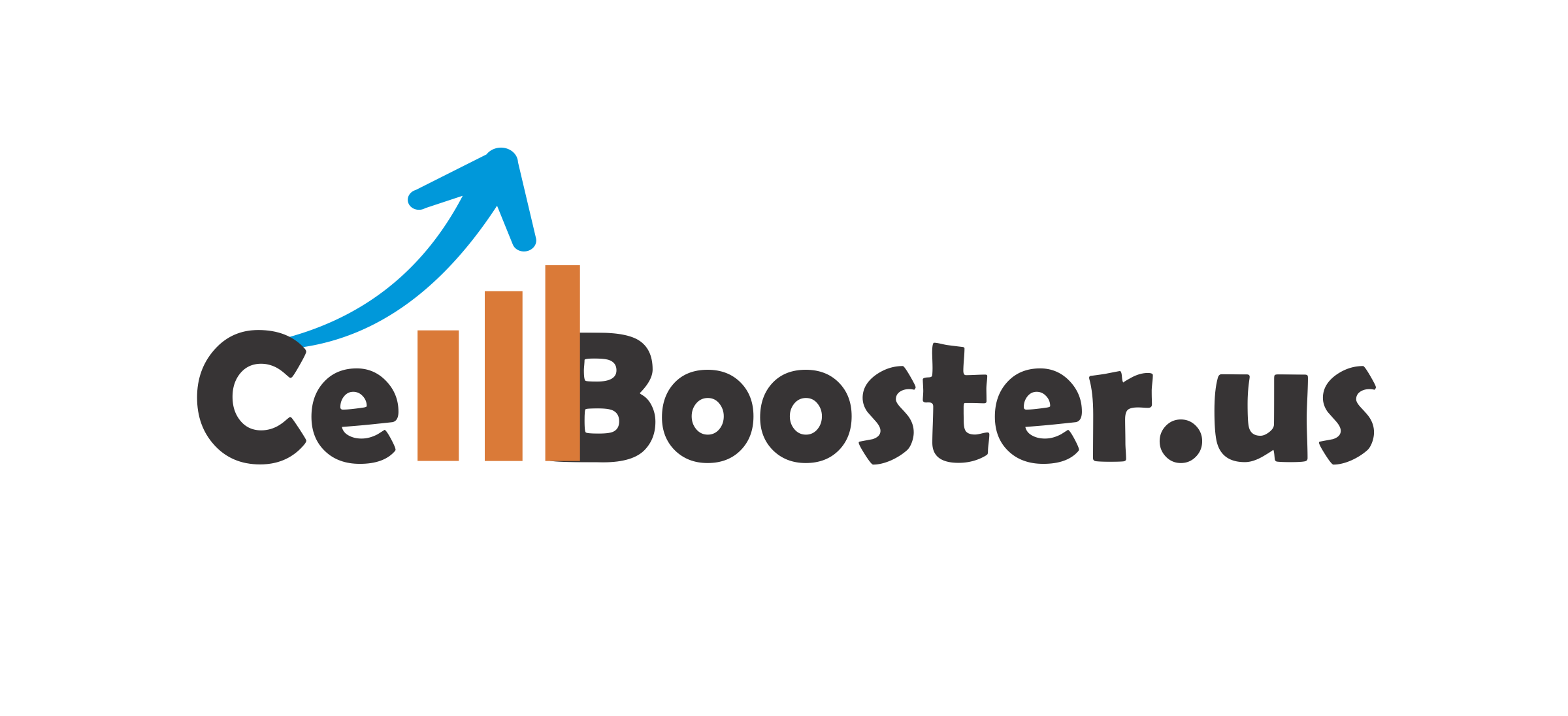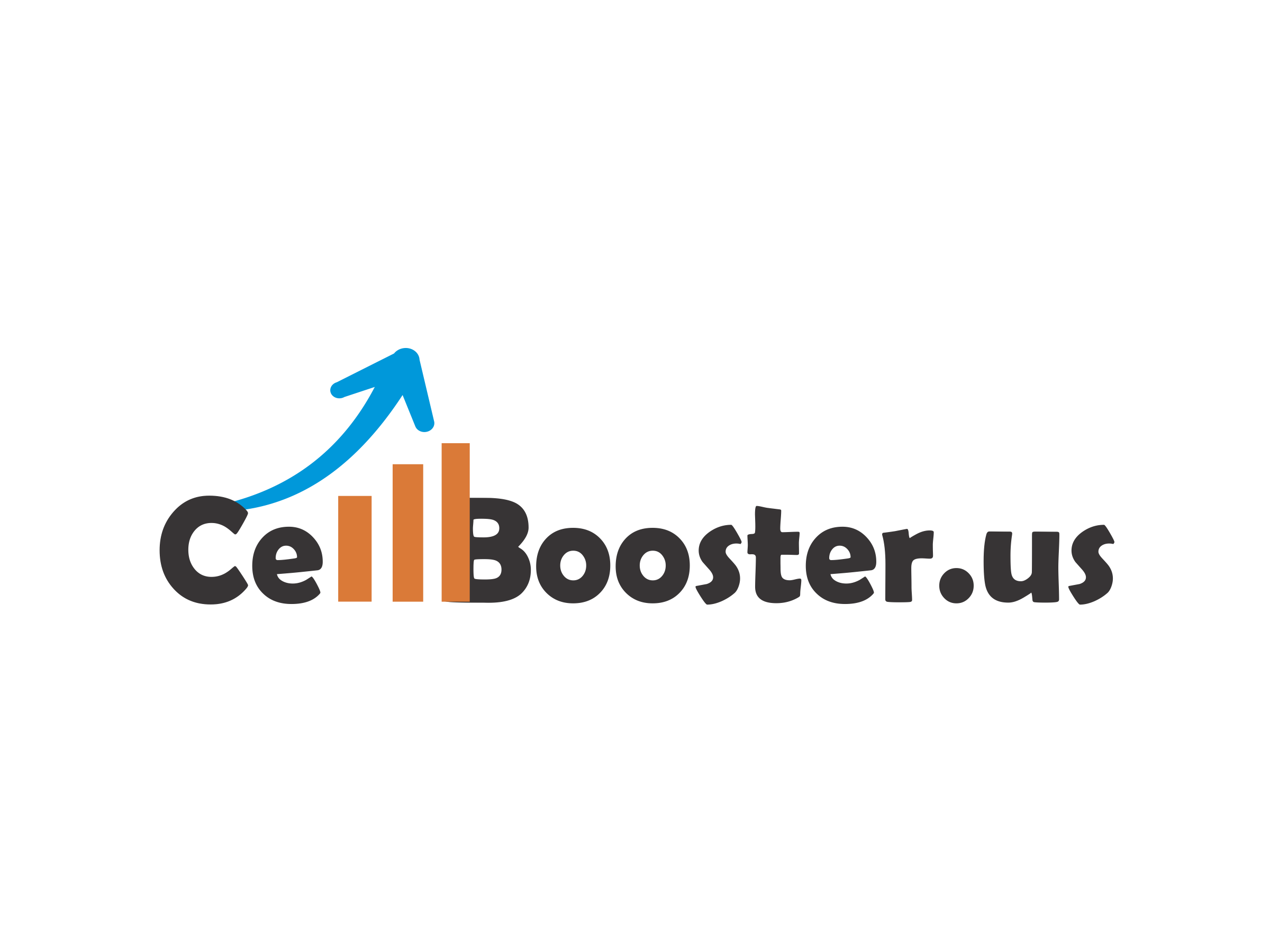What Frequency Does My Cell Phone Use?
I have answered many emails asking the same basic question, “Will booster X work with my cell phone provider Y?” Or, “What Frequency does my cell phone use?” In this post I’ll try to help you figure out what cell phone boosters will work with which carriers and how you’ll be able to figure it out on your own.
In order to understand this concept a little better, I might need to go back in time a little bit.

What is a radio frequency anyway?
The year was 1865.
The Civil War was just coming to a close. President Lincoln was visiting Ford’s Theater for the last time. Meanwhile, somewhere in England, in the dark recesses of the Scottish mathematician James Clerk Maxwell’s brain, the theory of electromagnetism was being conceived. Maxwell had mathematically proved that electricity, magnetism and light were all manifestations of the same phenomenon.
In a nutshell, he had demonstrated that electrical and magnetic fields travel, intertwined through space at the speed of light. Eventually, his findings would go on to prove the existence of radio waves, or radio frequencies (RF).
Light waves and radio waves are basically the same thing. They are electric fields moving in conjunction with magnetic fields. So, light waves move at a wavelength of 380-450 nanometers (that’s REALLY short) and the longest radio waves have a wavelength of about 100,000 kilometers (super long).

Big Brother To The Rescue
So people started experimenting with radio waves. Marconi was transmitting sparks across the Atlantic Ocean and people were having a free-for-all with their radio frequencies. So, in stepped the great overseer, our big brother, the federal government to protect us all from the harm that we would undoubtedly cause ourselves by not having someone to tell us what to do with this plethora of available, free radio frequency.
Thus, in 1934 the FCC was born to manage radio frequencies in the US and eventually, somehow, manage to make themselves in charge of our Internet freedom. The FCC took the available spectrum and organized it into different blocks. Here is a pretty good diagram of how our current radio spectrum is divided in the US. Download your own copy of the US frequency allocations chart to print out and hang on your wall here.

What does this have to do with ‘What frequency does my cell phone use’?
Valid question. Right there in that picture, the middle of the fifth band from the top are a few little sections called “Fixed Mobile.” That, my friends, is where cell phones live.
Here are a few fun facts that I found on Wireless Advisor.com‘s website:
Did you know…
The United States is divided into 734 Cellular markets (850 MHz), 493 PCS markets (1900 MHz), 734 AWS markets (1.7/2.1 GHz) and 734 700 MHz markets?
That there are more than 150 wireless and cellular phone service companies in the U.S.?
So, there’s 150 wireless and cell phone companies in the US?!? What?!? I’ve only ever heard of 4 or 5 of them. Verizon, Sprint, AT&T, T-Mobile and US Cellular, right? With all of these 150 different carriers, it could get really difficult to find my provider’s frequency, right? But, the good news is because they all use the same few cell phone bands, signal boosters can be designed to work on all of them at once.
Like the quote above states, there are four major cell phone frequency bands in the United States.
- 700 MHz
- Cellular (850 MHz)
- PCS (1900 MHz)
- AWS (1.7/2.1 GHz)
When choosing a cell phone signal booster, if you pick any of the boosters that work on 3G and 4G, you can be sure that it will work on any of the cell phone providers in the US. There are still a few boosters in production that only work to enhance voice, text and 3G data signals. Those ones will only work on the Cellular and the PCS bands listed above. So, to be safe, I would personally only purchase a booster that will work on all 4 bands.
So, What Frequency Does My Cell Phone Use?
Getting back to the point, if you are unsure of whether the booster that you are considering will work on all of the cell phone bands that your carrier uses, you can always consult the internet to get a second opinion.
I found that the Wireless Advisor’s site usually gives pretty accurate results. I just punch my zip code into the webpage and hit submit. And it spits back all of the wireless carriers in my area and what frequencies they use in my area. Then you can check the datasheets of the cell phone booster that you are thinking about and make sure that they are included.
Or, if that’s too much trouble, you could just as easily drop me an email with your question. I’m always happy to respond. My email is [email protected]. Or if you have any questions about any of the products that we sell in our online store, I’m always happy to help!
Thanks for stopping by!
– Rob

